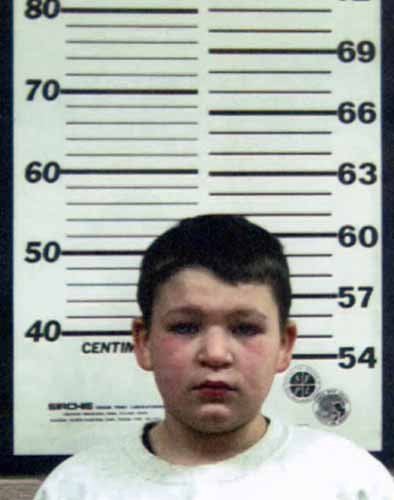You might recall that Republican Presidential Candidate Rick Perry made headlines last week when he couldn’t remember during a presidential candidate debate the third federal agency that he wanted to eliminate if he makes it to Washington D.C..
Quick on the punch, Dr. E. Fuller Torrey has come up with a suggestion: the Substance Abuse and Mental Health Administration. The lightening rod psychiatrist has turned to YouTube to make his pitch.
Why does Dr. Torrey want to shut down SAMHSA? I suspect that one reason is because several mental health groups that vehemently oppose Assisted Outpatient Treatment laws, such as Kendra’s Law in New York, are funded by SAMHSA grants and programs. Meanwhile, Dr. Torrey’s group, the Treatment Advocacy Center, doesn’t accept federal funds.
What’s your view on Dr. Torrey’s campaign to eliminate SAMHSA? Does SAMHSA fund programs in your community that are helpful to persons with mental illnesses? I’d love to hear from the grassroots on this issue.







